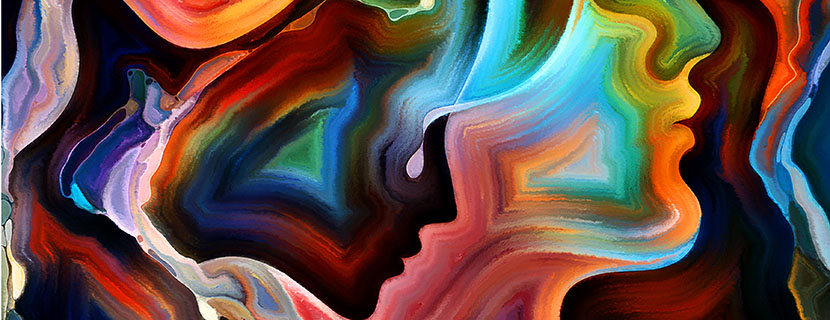
When it comes to stereotypes, one of the worst stereotypes is how we view people who play video games. What’s the image that came to mind when you read that sentence? Did you think of a white person, living in their parents’ basement wearing a headset and gaming with their online friends? I think that this is generally the frame of reference that we have in our heads for gamers, but that’s far from the truth. In this series, I want to dive into what kind of impact the lack of diversity has on people who play video games. And why there is a lack of representation.
Of all the things out there, why do we assume that gaming is only a white person’s idea of fun? Think about other stereotypes – basketball for example. Many people believe that it’s a Black person’s game, but we know that not to be true. Sure, being tall definitely helps, but so does having certain skills – like agility or athleticism – and those aren’t limited to one race or another. So why do we take something like video games and only assume that one particular race of people play them? You might be thinking – we don’t assume that. But when you actually play the games, people of color aren’t represented. Which means, there isn’t another way to view it. It’s rare to see characters of color, and if we do, they’re represented as some stereotype of that particular race.

Before I get into that too much, I want to spend some time talking about diversity. What is it? And why can’t it be applied to video games? In my later posts, I will explore the negative impact that the lack of representation has on people of color. I also want to think about whether or not this is changing? I’d like to think that society is having an impact with things like the #MeToo movement. Maybe that’s a bit of a stretch, but regardless, we’re becoming more aware of our actions, so perhaps it is (indirectly) helping.
Back to diversity though. What is it? Does something become diverse just because a person of color is involved? Is it a matter of checking a box on a form? In short, diversity can be defined as people coming together from different races, nationalities, regions, and sexes in order to form a group. But this doesn’t really happen in America the way that it should. America is known as the “melting pot”. Which means, regardless of where you’re from, when you come to America, you’re American. Or at least it used to. That may not be exactly the case today, but where I’m going with this is that many people would lose their cultural identity when they came to America. And as a result, things have traditionally been less diverse.

Over the last few years, however, this has changed dramatically. No longer are immigrants being seen as “one of us”. Now, because it’s an “us vs. them” type society. Overall, society isn’t accepting of differences, which is why things feel so divisive. But how does this relate to gaming? Like we see with almost all other forms of entertainment, most people who are responsible for making it, tend to be white. We are starting to see this change, which is great, but there are still only a handful of shows or movies representing people of color. It’s important to promote diversity in gaming for a couple of reasons.

To start, the games should be reflective of the population that it’s serving. Which isn’t always white. The other reason it’s important to promote diversity is that it might be someone’s only way of being exposed to another race. The more knowledge we have about cultural differences, the better off we’ll be when it comes to being well-rounded citizens. Before I finish this post, I want to mention two things. The first is that the lack of diversity in video games can have the same impact as everyday racism to people of color. Which means, a person of color may not purchase a game, because they don’t feel represented in the characters.
The second thing I want to mention is a counter-argument to that. It’s believed that if there isn’t a white male as the game’s main character, the game won’t sell. Is that, in fact, the case? I will explore these in more detail in the next few posts, but I want to at least pose the question – which is it? Will game developers get more sales if they market to white people? Or will their sales increase if they diversify the characters?



